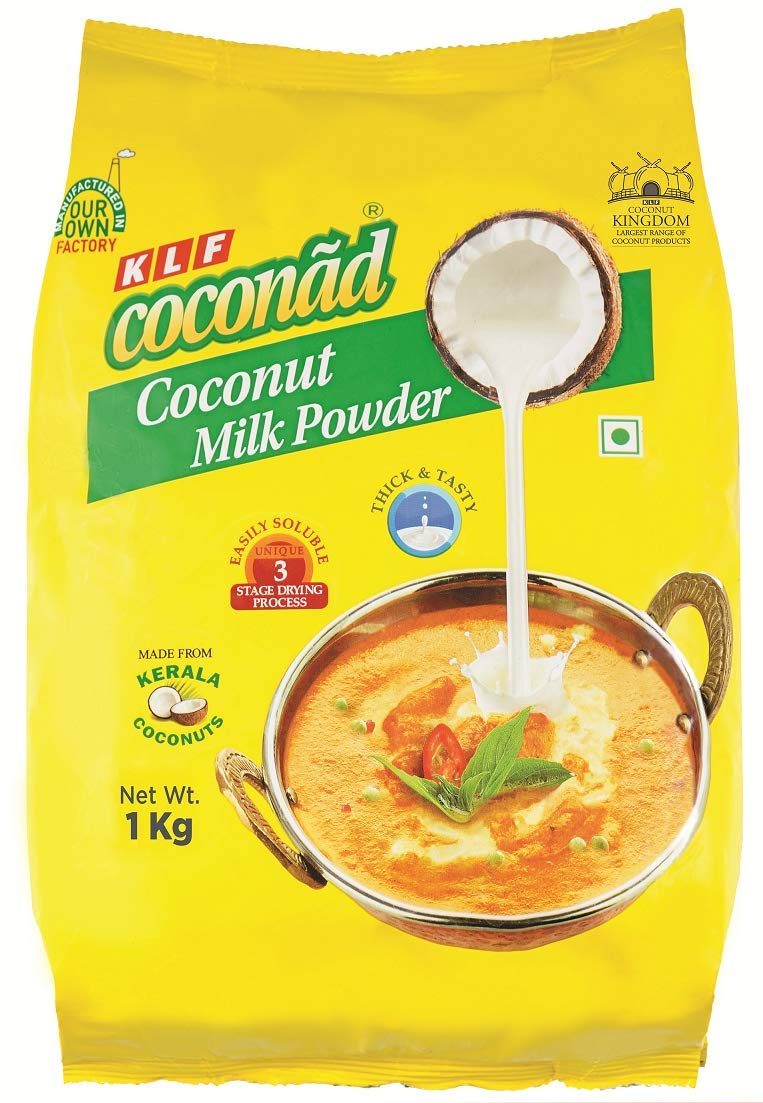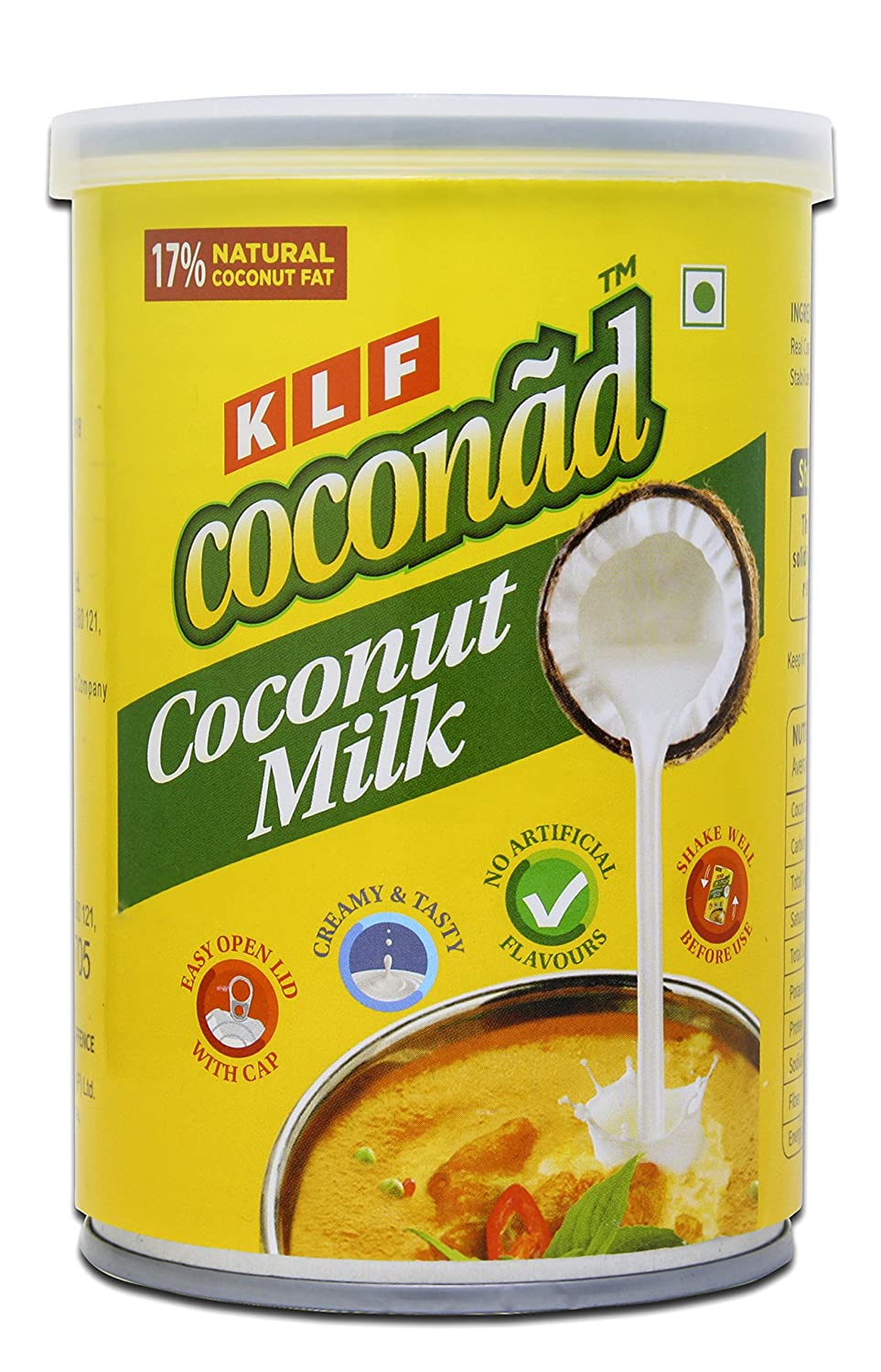Coconut Fat
Macronutrient
Last update date: October 11, 2023
Coconut oil is made up of 82% saturated fats and can also be called as coconut fat.
Frequently Asked Questions
1.
What is Coconut Fat?
Coconut fat, commonly known as coconut oil, is derived from the nut (fruit) of the coconut palm. It is rich in medium-chain fatty acids, including capric acid, caprylic acid, and lauric acid. These specific saturated fats make up approximately 52% to 85% of coconut oil. Coconut oil is often praised for its moisturizing effect when applied to the skin, and it is frequently used for conditions such as eczema and growth in premature infants.
2.
What is positive impact of Coconut Fat?
Coconut fat, or coconut oil, has shown promising benefits in certain areas. It has been found to have a possibly effective effect on treating eczema (atopic dermatitis), particularly in children. When applied topically, coconut oil has been observed to reduce eczema symptoms more effectively than mineral oil. Moreover, in the case of premature infants, applying coconut oil to their skin may help improve body temperature regulation, breathing, skin health, and overall growth.
3.
What is negative impact of Coconut Fat?
When incorporating coconut fat, also known as coconut oil, into your diet, it's important to be mindful of its potential impact on cholesterol levels. Coconut oil contains saturated fat, which has been linked to an increase in low-density lipoprotein (LDL or "bad") cholesterol. Regular consumption of meals containing coconut oil can potentially raise LDL cholesterol levels, which may be a concern for individuals with high cholesterol.
4.
Who should avoid Coconut Fat?
Individuals with high cholesterol levels should exercise caution when it comes to consuming coconut oil. The saturated fat present in coconut oil can further elevate LDL cholesterol levels, which may be detrimental to heart health. It is advisable for such individuals to limit their intake of coconut oil and choose alternative sources of healthy fats. Incorporating unsaturated fats into the diet, such as those found in olive oil, avocados, and nuts, is recommended for maintaining cardiovascular well-being. If you have concerns about your cholesterol levels, it is advisable to consult with a healthcare professional for personalized advice.









